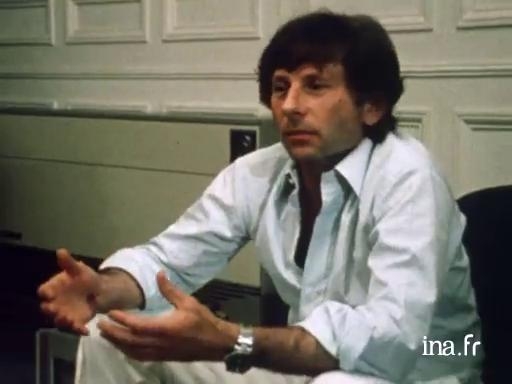Roman Polanski regarding Tess

Information
Film-maker Roman Polanski explains his decision to adapt Tess to the big screen.
- Europe > Poland
- Europe > United Kingdom > England
Context
Discovered in Europe through his innovative films Knife in the Water and Cul-de-Sac, Poland's Roman Polanski, now a Frenchman, gained recognition in both France and the United States with thrillers such as Repulsion, with Catherine Deneuve.
His decision to use a romantic English novel therefore surprised both critics and viewers: Thomas Hardy's Tess of the d'Urbervilles (1891) tells the story of the tragic destiny of a young peasant woman in search of love. Polanski started working on Tess as a tribute to his wife Sharon Tate, who was assassinated in gruesome circumstances in 1968, and maybe also as a reaction to rape accusations that he escaped from in the United States in 1976. Tate, who introduced him to the novel, had things in common with Tess, which he discussed in his memoirs Roman by Polanski. Co-produced by Claude Berri and featuring a large budget, the shoot of Tess was plunged into grief after the death of chief cinematographer Geoffrey Unsworth and disrupted by a strike by the technical team. Nevertheless, he brought recognition to a then unknown 18 year old Nastassja Kinski, and collected a harvest of awards, including Césars for best picture, best director, and best cinematographer, as well as Oscars for best art direction-set decoration, best cinematography, and best costume design.

















